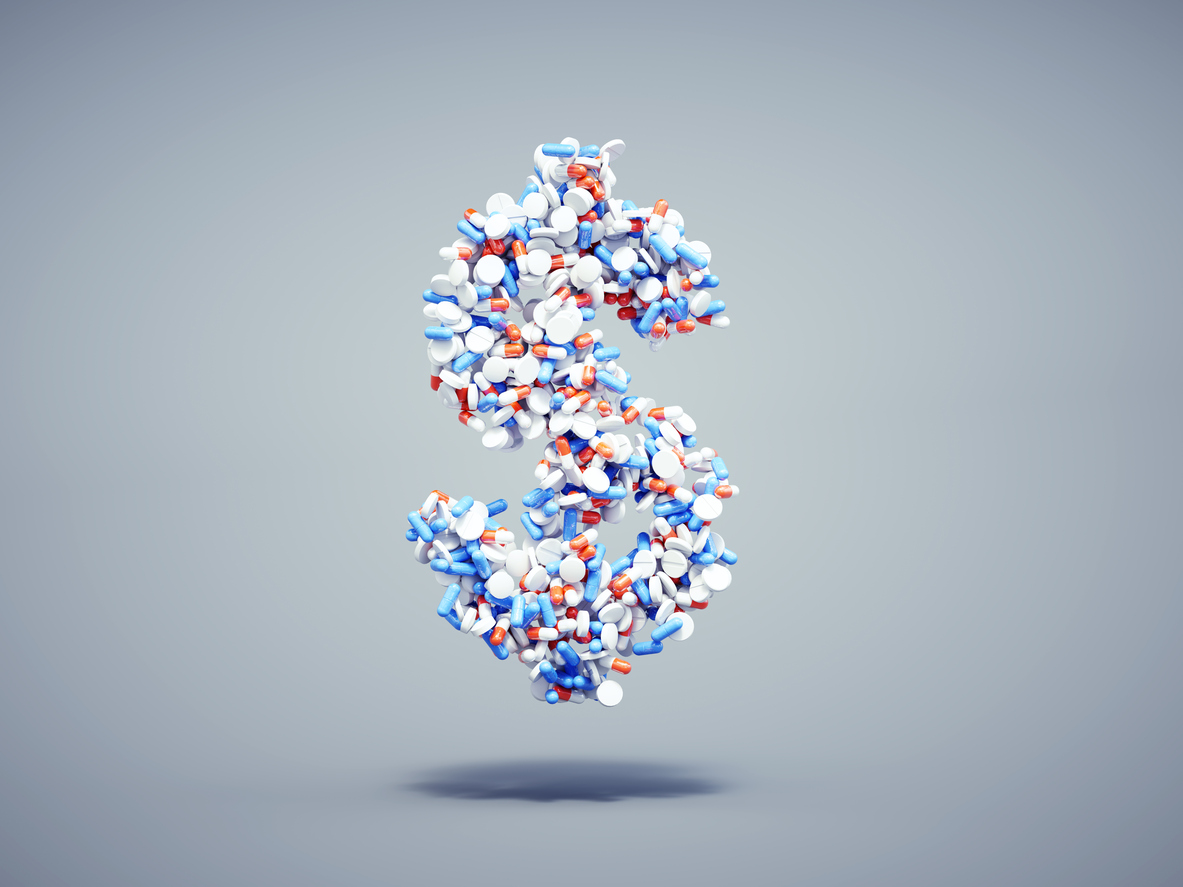Health insurers made billions from the GOP tax cut. They're keeping almost all their windfall.


A free daily email with the biggest news stories of the day – and the best features from TheWeek.com
You are now subscribed
Your newsletter sign-up was successful
In your periodic reminder that the U.S. has a for-profit health-care system, health insurers and other health-care companies will save tens of billions from the Republican tax overhaul but "patients should not expect the health industry's windfall to lead to lower premiums, reduced prices, or major industry changes," Bob Herman and Caitlin Owens report at Axios. They discovered this by listening to the health-care companies, perusing their fourth-quarter financial reports and conference calls with investors.
The 21 publicly traded companies Axios looked at "collectively expect to gain $10 billion in tax savings in 2018 alone," Herman and Owens write. "Most of the money is going toward share buybacks, dividends, acquisitions, and paying down debt — with just a sliver for one-time employee bonuses, research, and internal investments." Few pharmaceutical companies were included in the Axios data, but drugmakers are already spending at least $50 billion on new stock buybacks, and they and medical device companies are also repatriating tens of billions from offshore accounts, bolstering their bottom lines.
It isn't just health care — U.S. companies have announced more than $218 billion in share buybacks since the GOP passed the law in December, investment research firm TrimTabs said last week. The $153.7 billion in buybacks in February alone broke the previous record of $133 billion in April 2015, and "if the pace keeps up, this year's volume will smash totals from all other previous years going back more than a decade," TrimTabs analyst Winston Chua said in the report.
The Week
Escape your echo chamber. Get the facts behind the news, plus analysis from multiple perspectives.

Sign up for The Week's Free Newsletters
From our morning news briefing to a weekly Good News Newsletter, get the best of The Week delivered directly to your inbox.
From our morning news briefing to a weekly Good News Newsletter, get the best of The Week delivered directly to your inbox.
"Those so-called buybacks are good for shareholders, including the senior executives who tend to be big owners of their companies' stock," Matt Phillips explains at The New York Times. "A company purchasing its own shares is a time-tested way to bolster its stock price. But the purchases can come at the expense of investments in things like hiring, research and development, and building new plants — the sort of investments that directly help the overall economy."
A free daily email with the biggest news stories of the day – and the best features from TheWeek.com
Peter has worked as a news and culture writer and editor at The Week since the site's launch in 2008. He covers politics, world affairs, religion and cultural currents. His journalism career began as a copy editor at a financial newswire and has included editorial positions at The New York Times Magazine, Facts on File, and Oregon State University.
-
 Tourangelle-style pork with prunes recipe
Tourangelle-style pork with prunes recipeThe Week Recommends This traditional, rustic dish is a French classic
-
 The Epstein files: glimpses of a deeply disturbing world
The Epstein files: glimpses of a deeply disturbing worldIn the Spotlight Trove of released documents paint a picture of depravity and privilege in which men hold the cards, and women are powerless or peripheral
-
 Jeff Bezos: cutting the legs off The Washington Post
Jeff Bezos: cutting the legs off The Washington PostIn the Spotlight A stalwart of American journalism is a shadow of itself after swingeing cuts by its billionaire owner
-
 TikTok secures deal to remain in US
TikTok secures deal to remain in USSpeed Read ByteDance will form a US version of the popular video-sharing platform
-
 Unemployment rate ticks up amid fall job losses
Unemployment rate ticks up amid fall job lossesSpeed Read Data released by the Commerce Department indicates ‘one of the weakest American labor markets in years’
-
 US mints final penny after 232-year run
US mints final penny after 232-year runSpeed Read Production of the one-cent coin has ended
-
 Warner Bros. explores sale amid Paramount bids
Warner Bros. explores sale amid Paramount bidsSpeed Read The media giant, home to HBO and DC Studios, has received interest from multiple buying parties
-
 Gold tops $4K per ounce, signaling financial unease
Gold tops $4K per ounce, signaling financial uneaseSpeed Read Investors are worried about President Donald Trump’s trade war
-
 Electronic Arts to go private in record $55B deal
Electronic Arts to go private in record $55B dealspeed read The video game giant is behind ‘The Sims’ and ‘Madden NFL’
-
 New York court tosses Trump's $500M fraud fine
New York court tosses Trump's $500M fraud fineSpeed Read A divided appeals court threw out a hefty penalty against President Trump for fraudulently inflating his wealth
-
 Trump said to seek government stake in Intel
Trump said to seek government stake in IntelSpeed Read The president and Intel CEO Lip-Bu Tan reportedly discussed the proposal at a recent meeting
